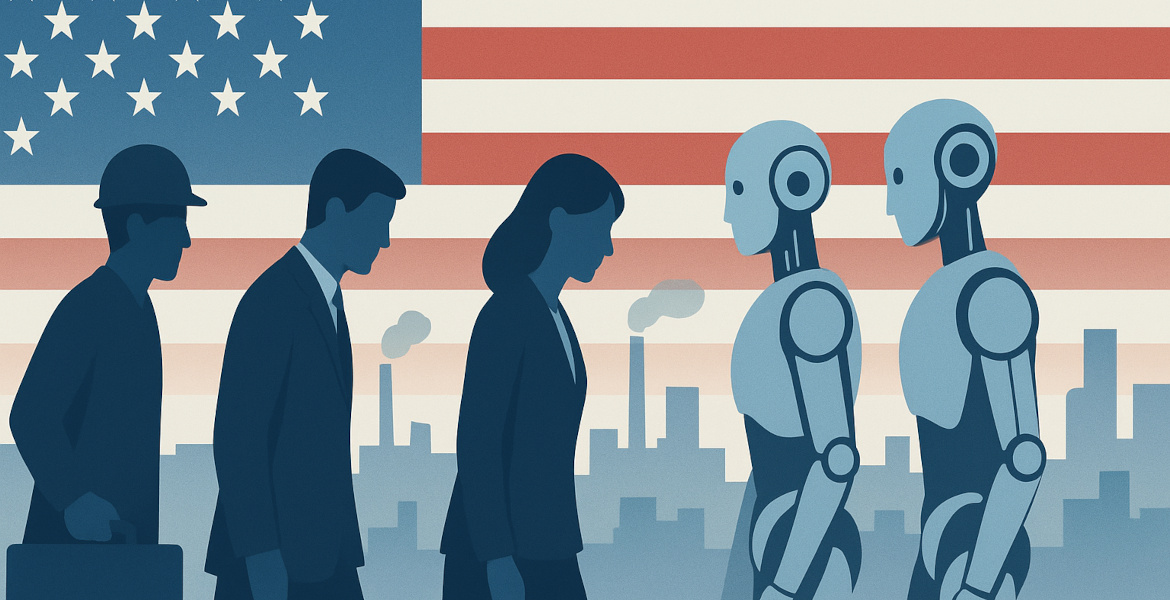China has achieved its stated goal of 5% growth for 2024, despite reported challenges such as falling government bond yields and weak domestic demand.
Donald Trump's planned new tariffs are described as a significant risk to the country's export-dependent economy by BNP Paribas economist Jacqueline Rong, while Hong Kong-based analyst Louis-Vincent Gave argues that China's resilience is underestimated in international coverage.
China has reached its target of 5% GDP growth for 2024, according to the country's official statistics agency. This is despite several reported challenges, including falling interest rates on Chinese government securities and weak domestic demand. International media coverage has often emphasized these signals as signs of an emerging crisis.
Jacqueline Ron, China economist at BNP Paribas, points out that the planned new tariffs by former US President Donald Trump pose a particular threat to China's export-dependent economy.
– The biggest problem this year will be the US tariffs, Ron told Bloomberg.
Meanwhile, China is grappling with a still-challenging real estate market and fierce competition in the global market, which has contributed to some uncertainty about the country's economic future.
Hong Kong-based analyst critical of "crisis narrative"
At the same time, there are voices among experts against interpreting the economic situation as a crisis. Hong Kong-based analyst Louis-Vincent Gave argues that falling yields on Chinese government securities are not a sign of economic collapse but rather part of a broader global trend.
– Historically, when emerging markets collapse, bond yields tend to go up, not down. I do not believe in the narrative of a Chinese implosion. Moreover, if we did, we would see a stock market collapse, which is not happening, says Gave.
He also speculates that the falling rates could be the result of policy decisions in China in response to Trump's tariff threats.
– I'm not saying that's what happened, but if Chinese institutions were instructed to sell US bonds in response to political tensions, we would see just that: falling Chinese bond yields and rising US ones, he explains.
Gave also points to some positive indicators that are often overlooked in international coverage, highlighting that China's stock market outperformed the US last year and that the country's economy has also made progress in strategic sectors such as electric car manufacturing.
– If China really imploded, Chinese stocks would collapse. And they are not, he says.




